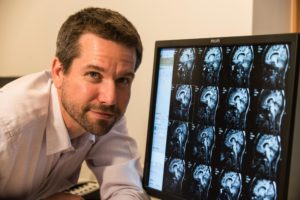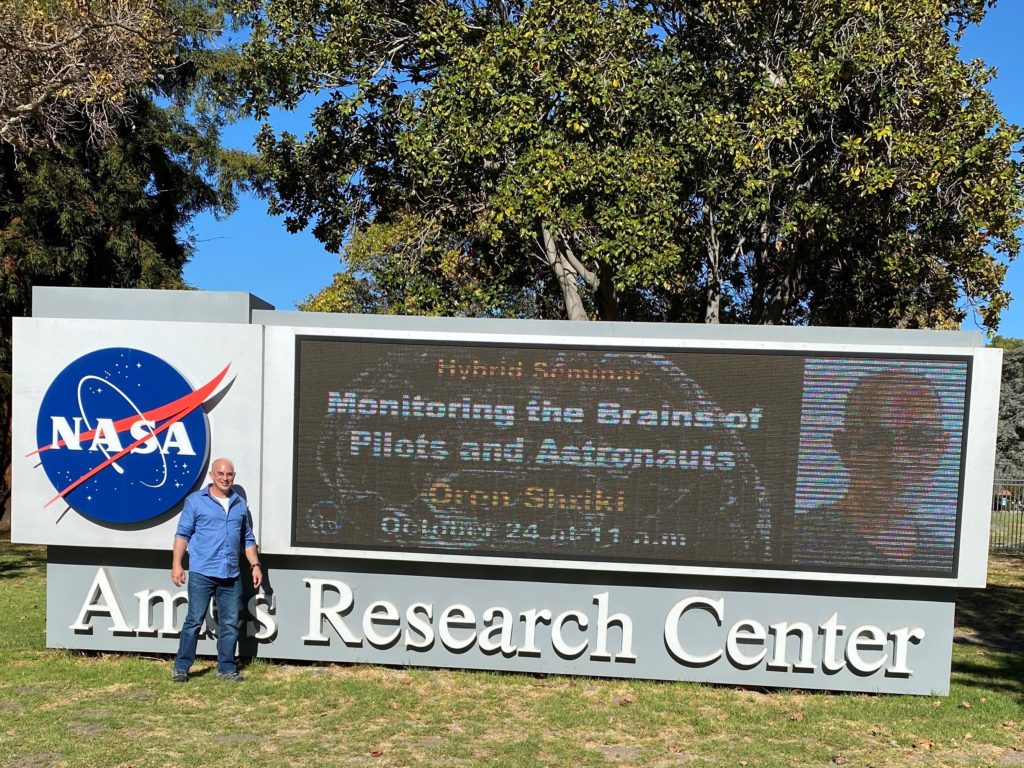
Revealing an Individual’s Neural Fingerprint
Revealing an Individual’s Neural Fingerprint
December 15, 2017
The Jewish Press – BGU researchers say people possess a “neural fingerprint” – a magnitude of variability in brain activity that is unique and individual.

Dr. Ilan Dinstein
Their findings, recently published in eNeuro, hold promise for identifying and assessing the severity of neurological and psychiatric disorders, including autism and attention deficit disorder.
According to the researchers, most people assume that when they see the same thing repeatedly, their brain responds in an identical, reproducible manner. But actually, brain responses vary dramatically from one moment to the next and, most importantly, the magnitude of this variability is a stable individual trait.
“The magnitude of this brain variability is pretty much the same regardless of what the subjects are doing, whether they are performing one task or another,” explains research leader Dr. Ilan Dinstein, head of the Negev Autism Center.
“It is also consistent over time, even when we tested the subjects a year later. All of which means that each one of us has a specific magnitude of brain variability regardless of what we are doing.” In other words, we each have our own neural fingerprint.
Until now, the scientific consensus has held that brain variability/noise mostly depends on whether a person is paying attention (or not) to the task that they are performing. Dr. Dinstein and his team were able to show that, in fact, the task performed is a minor factor; the major factor is the person’s identity.
“The really interesting question here is whether individuals with different magnitudes of brain variability/noise have different behavioral capabilities,” says Dr. Dinstein.
“We are now using EEG recordings during sleep in very young children to see if excessive variability is an early marker of at least some cases of autism.
“We hope that this may aid in early diagnosis and point to a specific neural problem in some of the autism cases. This will hopefully lead to specialized autism treatments that we are now developing at the Negev Autism Center.”



